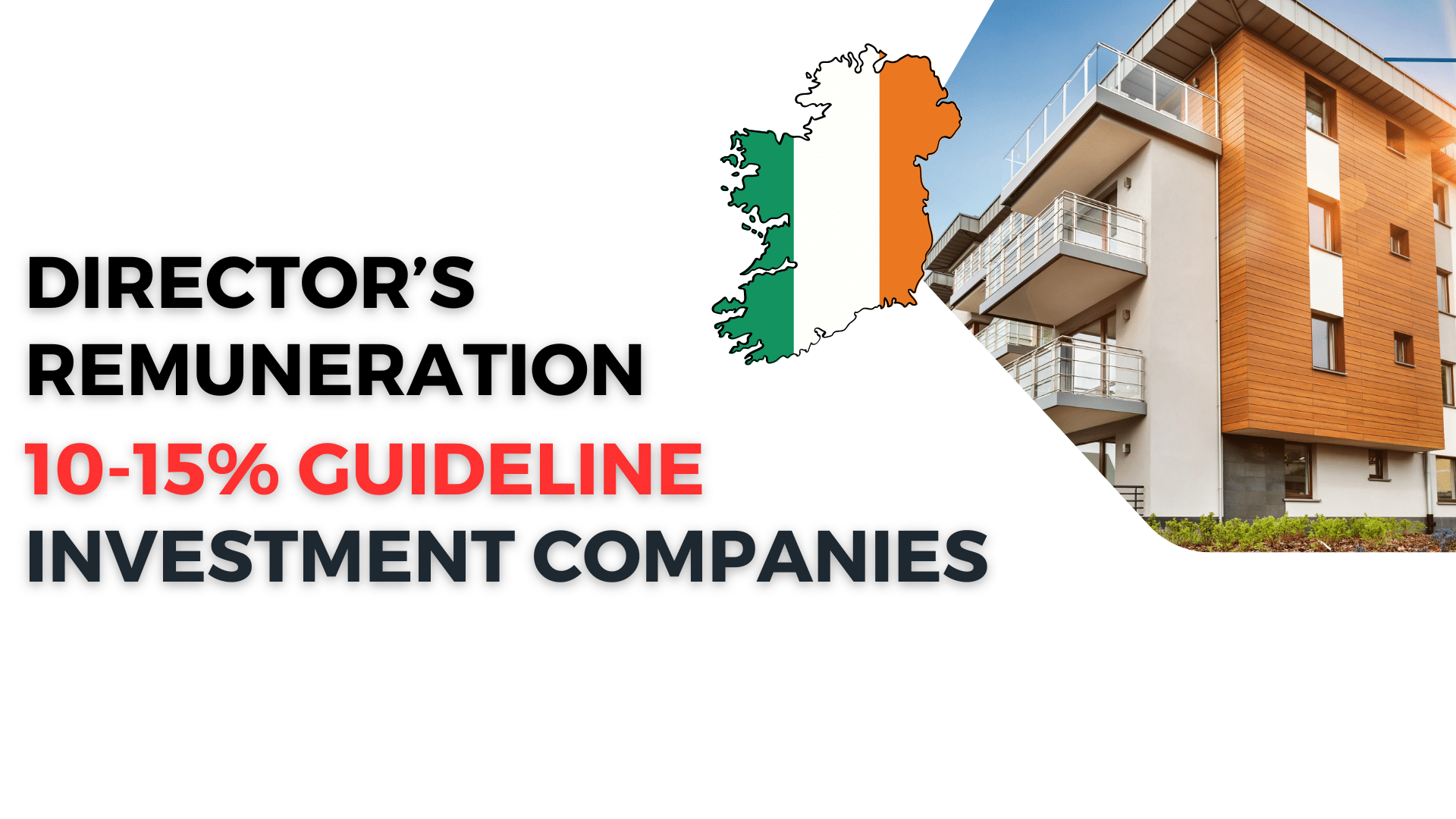The supply of houses and apartments on the market at the moment is pretty short. Most potential buyers want to have the option of bidding on any type of property that is up for sale whether it is for sale by private treaty or by auction.
This begs the question, are there any issues buying a property by auction when you are financing the purchase with a mortgage?
Well in this blog post, we are going to cover five things you need to know before you sign up for an auction as a mortgage buyer.
Nothing is stopping a mortgage buyer from taking part in an auction, it is important however to be aware of how the process differs from sale by private treaty. Buyers are at risk of losing their deposits if they cannot complete the deal and they must close the deal within a certain time frame that may be not possible for your bank to guarantee.
1. A 10% Deposit will be taken on the same day or soon after auction
Things move a lot faster when you are taking part in an auction, you will need to have all your ducks perfectly in a row before you even consider taking part.
To show your intent you will most likely have to hand over €4,000-€5,000 as a preauthorised amount before the auction even commences. This is not ideal for many mortgage buyers who do not have any excess cash as it will restrict you to just looking at one property until this amount is refunded.
If you are successful during the auction the remaining part of the 10% deposit will be taken either on the same day as the auction or within a couple of business days.
The terms and conditions will vary slightly depending on what auctioneer is hosting the auction, there are several operating such as BidX1 and IAM Sold.
2. Deposits are non-refundable
Following on from the first point, if you do not have your ducks in a row and you have the winning bid at the auction, you will be legally bound to complete the deal.
If anything were to go wrong, such as not having the funding in place or issues with your mortgage drawdown, then you are at risk of losing your entire deposit.
This risk can often be a reason many mortgage buyers steer clear of auctions.
3. Beware of the Closing period
Before the auction takes place you should receive a legal pack of all the different terms of the auction, one of which will stipulate the timeframe that the deal needs to be closed. This can often be a tight timeframe of even just 28 days.
As time is tight it is best to talk to your bank before you register for the auction to check what timeline they usually expect based on their workflows. Most banks will be unable to guarantee mortgage drawdown within a short period which could result in you losing your deposit.
However the closing period may not be rigid for all sellers, if someone is making genuine efforts to close the deal, there will likely be an extension given. Genuine issues can arise that are out of your control.
4. Your competitors are likely investors and not first time buyers
The auction may be quite different to other bidding processes you have taken part in. As many regular mortgage buyers can be put off you will likely be competing against investors which could be cash buyers and have higher limits than you.
But you can also use this to your advantage. Investors will be looking at the property based on what percentage return they can get from the property. Typically a good rental yield for investment properties in Ireland is between 5-8%.
Ask the auctioneer at the viewing what the last rent charged was on the property this will give you a guide as to what kind of price an investor will be willing to pay for the property. If the rent was low and the property is in a rent pressure zone you may be in luck as the investor would be limited in how much they could raise rents for future tenants.
5. Bidding the Advised Minimum Value (AMV) may not secure the property

Just because a property at auction is advertised with an Advised Minimum Value (AMV) doesn’t mean it is possible to get the property for that price. The vendor will often set a reserve price which is much higher than the AMV.
You will need to be wary of this when taking part of the auction as if the property doesn’t his the reserve it will not be sold.
Disclaimer: This blog post is for informational and educational purposes only and should not be construed as financial advice.







